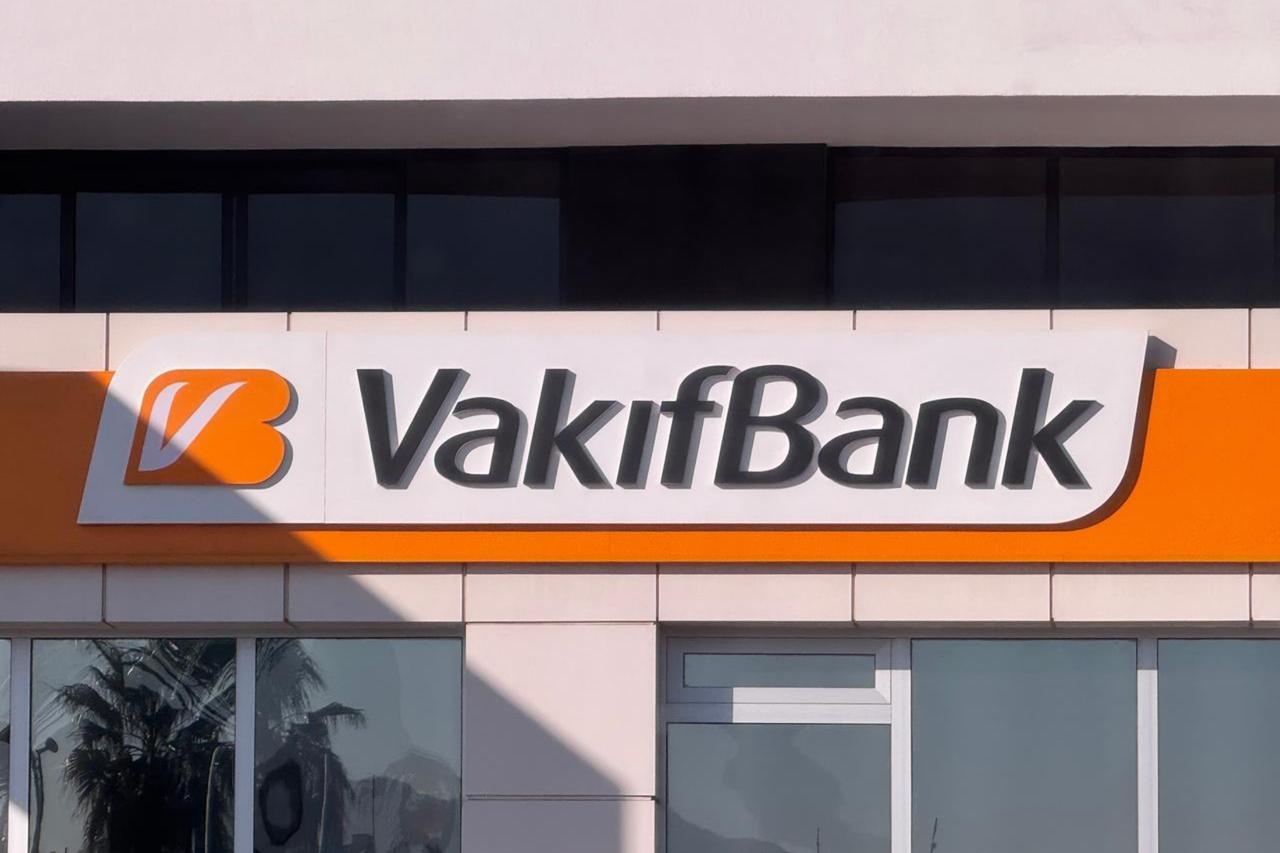
Türkiye’s state-owned VakifBank has completed its first-ever murabaha financing transaction, securing $500 million through a five-year agreement with Kuwait Finance House, one of the leading institutions in Islamic finance.
Murabaha is a widely used Islamic financing structure. Instead of charging interest, the lender buys an asset and sells it to the borrower at a marked-up price, with payment made over time.
By adopting this instrument, VakifBank has broadened its access to international funding while aligning with Islamic financial principles.
In a statement on Monday, VakifBank said the deal supports its strategy of diversifying foreign funding channels. The transaction is expected to strengthen the bank’s balance sheet by extending the maturity profile of its liabilities and optimizing borrowing costs.
The bank emphasized that the funds will contribute to Türkiye’s broader economic goals of supporting exports, investment, and employment.
VakifBank plans to channel the financing toward corporate, commercial, and small and medium-sized enterprise (SME) clients, particularly those active in sectors that drive trade and job creation.
VakifBank’s Chief Executive Officer Abdi Serdar Ustunsalih said that improvements in Türkiye’s credit ratings and risk premiums have coincided with growing global financial uncertainties and rising geopolitical risks.
He noted that these conditions make long-term, diversified funding more important than ever for the banking industry.
Ustunsalih described the $500 million murabaha agreement with Kuwait Finance House as evidence of the confidence international investors place in both VakifBank and Türkiye’s banking sector.
He added that, as Türkiye’s second-largest bank, VakifBank recognizes the strategic importance of maintaining a strong presence in international capital markets while continuing to pursue a selective lending policy.